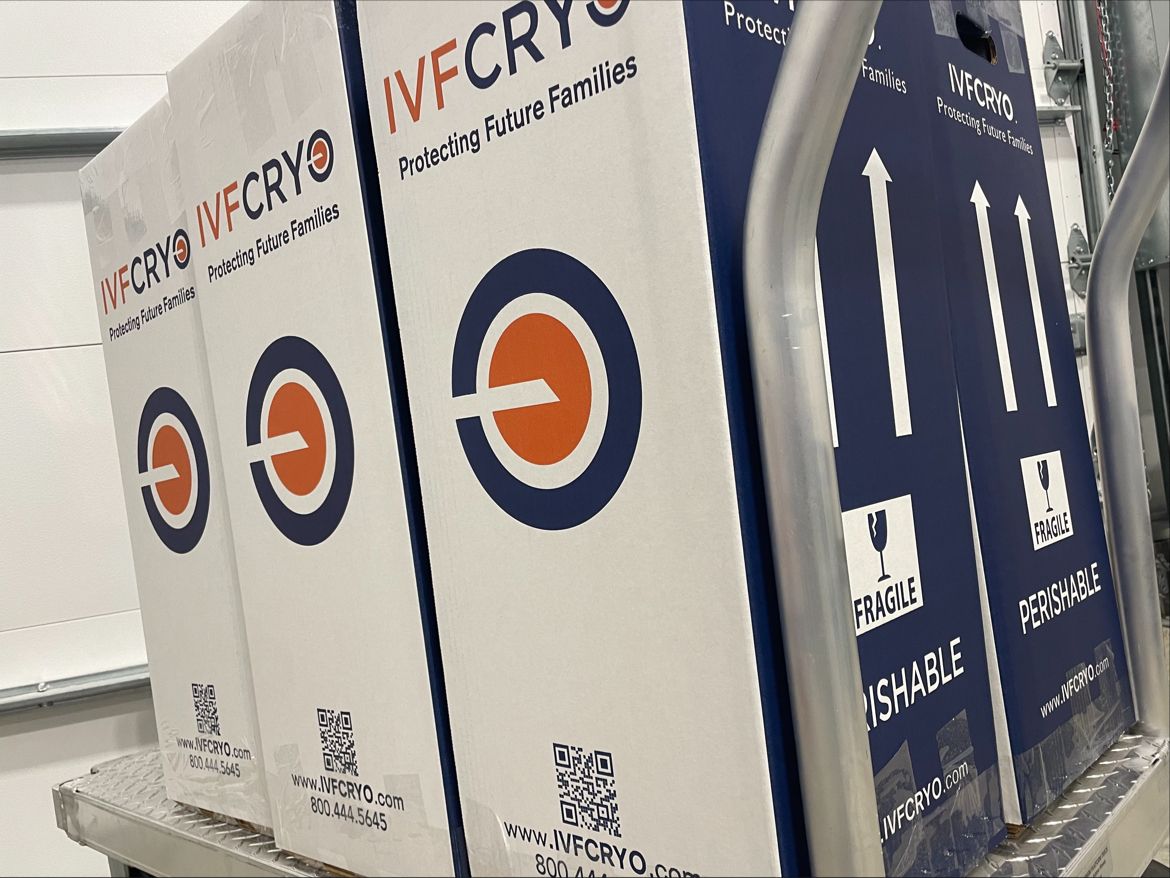Can You Ship Embryos Internationally?
In the expansive landscape of assisted reproductive technologies, the notion of shipping embryos internationally has emerged as a possibility for individuals and couples seeking fertility treatments or participating in donor programs. This practice, while offering hope and opportunities, raises questions about its feasibility, safety, and ethical considerations. So, can you ship embryos internationally? Let’s delve into the intricacies and considerations surrounding this process.

Understanding International Embryo Shipping:
Embryo shipping involves the transportation of cryogenically preserved embryos across borders to another country or region. These embryos are stored in specialized facilities using advanced cryopreservation techniques until they are needed for fertility treatments, research, or donation.
Regulations and Legalities:
Shipping embryos across international borders involves navigating a complex web of regulations and legalities. Each country has its specific laws and guidelines governing the import and export of reproductive materials, including embryos. These regulations often encompass ethical, safety, and logistical aspects, contributing to the complexity of international embryo shipping.
Challenges and Considerations:
Several challenges arise when considering international embryo shipping. These include compliance with varying legal requirements, potential delays due to customs and import/export regulations, and ensuring the embryos’ safety and viability throughout the transit process.
Safety and Viability:
Ensuring the safety and viability of embryos during international shipping is of paramount importance. Specialized containers and cryogenic storage techniques are utilized to maintain the embryos at ultra-low temperatures, safeguarding their integrity during transit. Advanced tracking systems monitor the journey in real-time, minimizing the risk of deviations from optimal conditions.
Ethical Considerations:
The ethical considerations surrounding international embryo shipping are multifaceted. Questions about the morality of moving embryos across borders, potential implications for donor-conceived individuals, and adherence to varying ethical standards in different countries are all part of the discourse.
Expert Guidance and Legal Compliance:
Engaging with experienced professionals, including fertility clinics and shipping companies well-versed in international regulations, is crucial. These experts provide guidance on navigating legal requirements, ensuring compliance with regulations, and managing the logistics involved in international embryo shipping.
Conclusion:
International embryo shipping presents both opportunities and challenges for individuals or couples seeking fertility treatments or participating in assisted reproductive programs. While it can offer a pathway to parenthood, navigating the complexities of legal, ethical, and logistical considerations is essential.
Before considering international embryo shipping, seeking personalized advice and guidance from qualified professionals becomes paramount. Understanding the legalities, ethical implications, and safety measures involved is crucial to making informed decisions in this journey towards building a family.
In essence, while international embryo shipping is a possibility, it requires thorough research, adherence to regulations, and careful consideration of the associated challenges and ethical implications to ensure the safety, legality, and ethicality of the process.